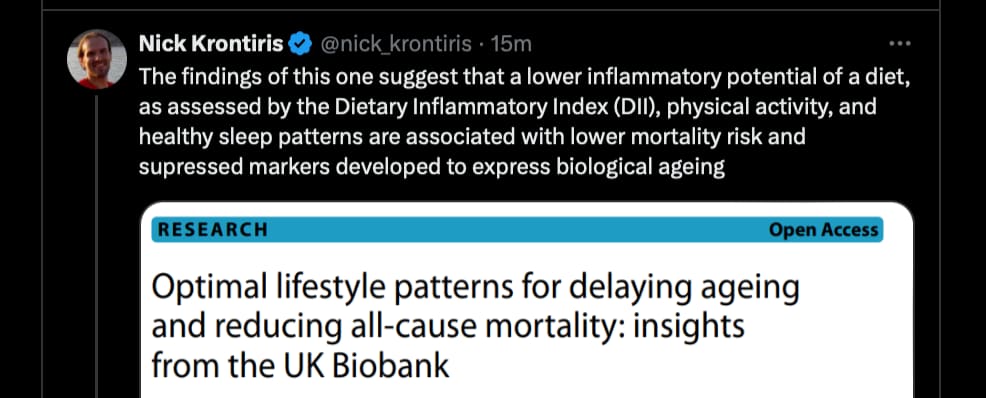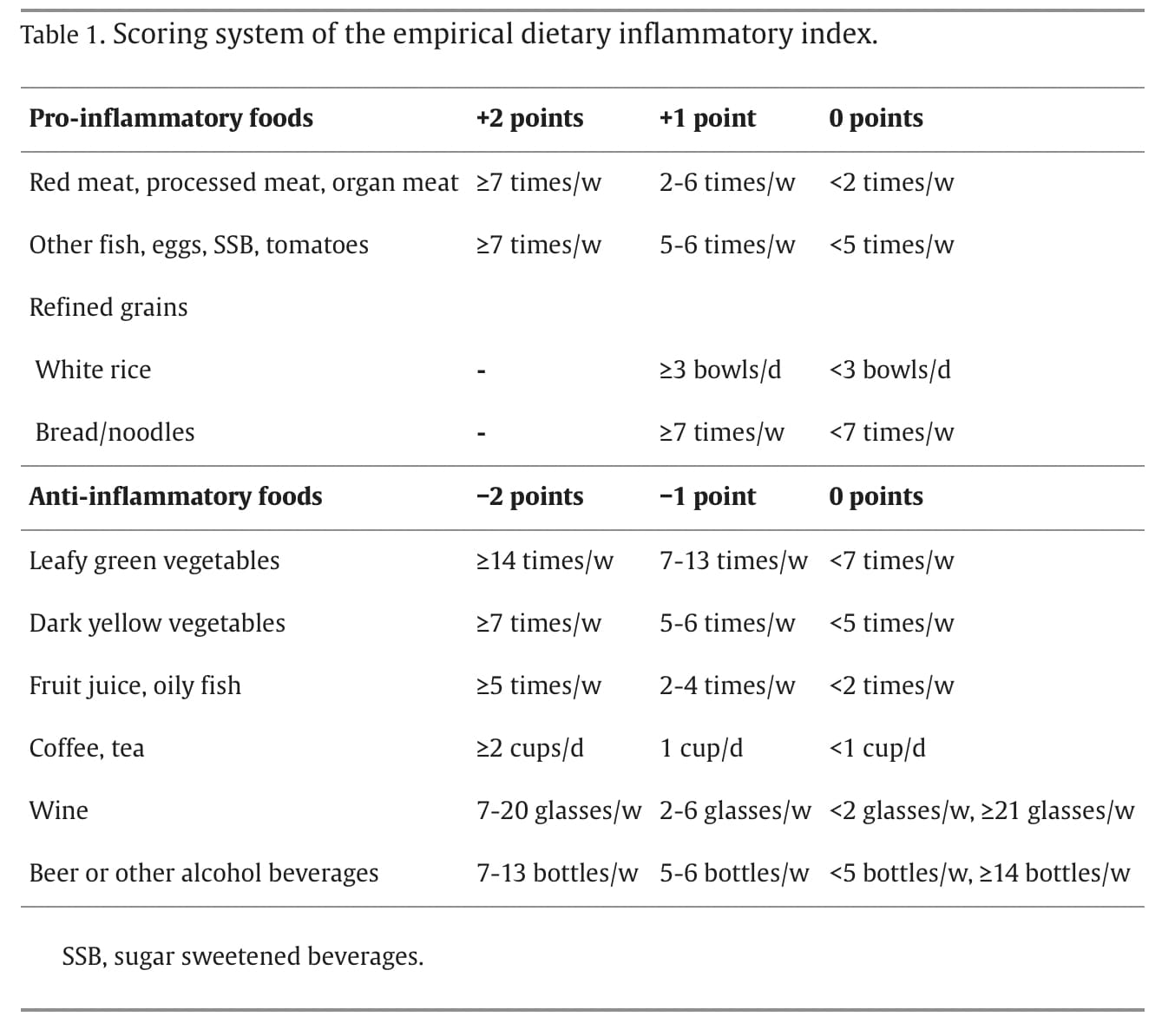Dr. Rudolph Tanzi: Proven Brain-Protective Supplements For Longer Life
Rudolph E. Tanzi, PhD
Joseph P. and Rose F. Kennedy Professor of Neurology, Harvard Medical School
Vice-Chair, Massachusetts General Hospital Neurology Department
Co-Director of the McCance Center for Brain Health, Massachusetts General Hospital
-
Tru-Niagen (nicotinamide riboside; one as directed)
-
Percepta: (Cat’s Claw extract/oolong tea extract/black currant;) (as directed); DO NOT USE IF YOU ARE ON A BLOOD THINNER OR HAVE ABNORMALLY LOW BLOOD PRESSURE
-
Vegan Omega 3: (as directed)
-
Quercetin (as directed)
-
Fisetin (as directed)
-
TUDCA (as directed)
-
Ashwagandha (take one in the evening – can make some sleepy)
-
Vitamin D3 (1000 IU): (I currently take 2 per day during the pandemic)
-
Methyl-B12 Plus (as directed)
-
Coenzyme Q-10 (especially if on a statin, e.g. Lipitor; as directed):
-
Selenium (as directed)
-
Nordic Natural Probiotic plus Prebiotic (one as directed)
Edited list —- I got a copy of his current list as of October 27 2024. A few changes.
Brain Supplements Taken Daily by Dr. Rudy Tanzi
Disclaimer:
These are the brain supplements that I personally take on a daily basis. The evidence of potential benefit for most of these supplements comes solely from research laboratory experiments. The natural products claimed to be contained in these supplements were found in my lab to reduce Alzheimer’s pathology based on screening of our 3D human neural-glial cell culture models of Alzheimer’s disease (Alzheimer’s-in-a-Dish™).
We have no evidence that the natural products in this list of supplements carry out similar effects in patients since clinical trials have yet to be performed. We are currently fundraising to carry out such clinical trials.
This list is not intended to represent clinical recommendations from either myself, Harvard University, or Massachusetts General Hospital. I have chosen these supplements based primarily on evidence from research lab models. In making these suggestions, I am expressing only my own personal views.
No one should start taking any supplement without first checking with his or her personal physician. Some supplements can be dangerous for people with certain pre-existing medical conditions and supplements can interfere with some prescription drugs. Supplements can also affect different people differently. The FDA has reviewed the ingredients of these supplements to determine whether they are safe to consume, but new data regarding the safety of supplements are being generated on a routine basis and may change over time. Importantly, no US regulatory authority has reviewed the long-term safety or ability of these supplements to address cognition, dementia, Alzheimer’s disease, or human brain health generally.
Supplements should only be purchased from trusted retailers and brands; testing has shown that many supplements are contaminated with unlisted ingredients and/or do not contain the amount of the supplement listed on their label.
Urolithin A (one per day)
Fisetin (one per day)
https://www.amazon.com/Life-Extension-Bio-Fisetin-30-Count/dp/B08M99BR1N/ref=sr_1_1?crid=3CHU7D9LK2Y1V&keywords=bio-fistein&qid=1668795295&rdc=1&s=hpc&sprefix=bio-fistein%2Chpc%2C87&sr=1-1
Tru-Niagen (nicotinamide riboside; one per day)
https://www.truniagen.com/product_page.html?utm_source=google&utm_campaign=brand&ads_cmpid=1691853737&bidkw=chromadex%20niagen&dvc=m&h=http://clickserve.dartsearch.net/link/click?&ads_adid=71634091888&ads_matchtype=e&ads_network=g&ads_creative=328836649902&utm_term=chromadex%20niagen&ads_targetid=kwd-361547939727&utm_campaign=&utm_source=adwords&utm_medium=ppc&ttv=2&gclid=EAIaIQobChMI7euq3b7v5QIVmP_jBx1FuAgIEAAYASAAEgIu7vD_BwE
Percepta: (Cats Claw extract/oolong tea extract/black currant;) (one per day);
(DO NOT USE IF YOU ARE ON A BLOOD THINNER)
Https://www.Perceptabrain.com
Note: R. Tanzi is a co-founder of Cognitive Clarity
Quercetin (one per day)
Ipriflavone (one per day)
https://www.amazon.com/BlueBonnet-Ipriflavone-Supplement-60-Count/dp/B00098IHA8/ref=sr_1_3?dib=eyJ2IjoiMSJ9.Oi_SZz7X5IoQc7WHlf7e9bYMMj6maXZQmMSTjuWE-RXlJAUrZEnLUhHwC51Nyac2Pvfx_Xqv1HO1s9MTLF9f7eBob4-U6BGZgP2Qu7pFFA_vowu_Ss6tEri8VZoArleeM0zYkjZAUf6UecPlYd1edK3Vq4UQhzMllz4Lb5uODlnkFOGaRV4rLXIuh14DqnmuMe2nRjYrv_cz179O2Up0-Y_EVGQ91KwvUPnHKu-SdmCc66H2c_w4abbhJtJMqsfEAMgfeTxEEMyCcQR28pkbxfUgXLjiGTqn3VgKzPzJUJc.N6mFcaUFG1-sfJfkVI93o7wD_wbC9vCM-EDBeNEwBq4&dib_tag=se&keywords=ipriflavone&qid=1707935799&sr=8-3
Baicalin (one per day)
https://www.amazon.com/Supersmart-Scutellaria-Baicalensis-Alternatives-Vegetarian/dp/B01G5MZJWK
Vegan Omega 3 (DHA/EPA): (two per day)
https://www.amazon.com/Spectrum-Essentials-Vegan-Omega-3-Softgels/dp/B00E99YKAY
or,
If you prefer omega 3 from fish oil:
https://www.amazon.com/Nordic-Naturals-Clinically-Support-Healthy/dp/B002CQU4YW/ref=sr_1_6?crid=CW7SLMO72JV3&keywords=nordic%2Bnaturals%2Bepa&qid=1674935005&sprefix=nordic%2Bnaturals%2Bep%2Caps%2C114&sr=8-6&th=1
MegaFood Balanced B Complex (one per day) – vitamins - not tested in lab
https://www.amazon.com/dp/B00028ONPI?psc=1&ref=ppx_yo2ov_dt_b_product_details

